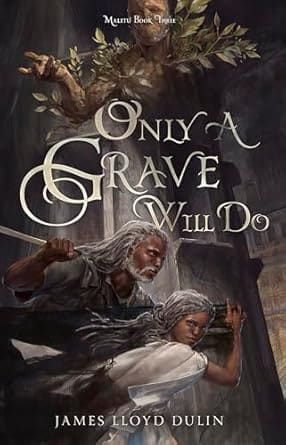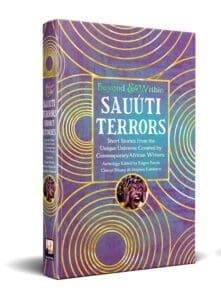
Synopsis:
On the march towards war, blood is both a promise and a gamble.
Newly dubbed the Hero of Anilace, Kaylo is thrust into leading a rebellion against insurmountable odds. His people are dying, if not in labor camps, in occupied cities as everything that makes them Ennean is stripped away. In two generations, the Great Spirits will be legends and Ennea will be yet another conquered territory. People look to Kaylo and the myth growing around him to stem the rising tide.
Sixteen years later, a trivial rebellion, a reclusive nation, and a vast empire march towards a battle to decide the fate of Ennea and her people. The actions of the small folk go unseen. Those who want to serve; those who have given up; those imprisoned; those who will fight at any cost; and those who will protect the people they love with every breath will tip the scales. Ennea is not done fighting.
Review:
Some series just keep getting better right up to the end. The Malitu series is one of them.
It’s going to be really tough to review the third book without spoiling anything from the first two, since each book flows naturally into the others (it’s a series best read in succession.) So instead of delving too deeply into what I loved about the final book (and it was my favorite of the trilogy), I’m going to highlight the reasons why I loved this series.
First, the characters. Kaylo and Tayen are the primary characters throughout the series (Kaylo more so due to his story chapters), and I loved the dynamic that developed between them. Even though Kaylo was acting as Tayen’s mentor, his character grew and changed significantly over time in response to being around her. She made him a better person, and in turn, he taught her how to adapt and survive. But every character featured in the book felt real and all of them had flaws. They felt human, which is why I liked them all so much.
The worldbuilding is incredible too. Every aspect of the world, its people, its magic, and even the suns and moons in the sky were thought out and added in careful detail. The culture clash between the Enneans and the Gousht felt very real (I suspect it’s based on some unfortunate real-world history), but it leant itself so well to the overall story that I had to mention it. The role of spirit dancers and spirit crystals in the conflict only made the stakes higher (and it was a heartbreaking part of the story for the Enneans), and it made me really want to see the Gousht fail. But then there’s the Lost Kingdom to consider too—and even though they claimed to be fighting for Ennea, their motives weren’t any better than the Gousht’s. The complicated politics between and within factions added even more depth to the overall world. Every piece of the worldbuilding was really well done.
I knew going into the final few chapters of Only a Grave will Do that not every character I’d grown attached to would make it through the final battle, but I think the ending fit the story.
If you haven’t read this series and you like epic fantasy, you’re missing out. The Malitu books begin with No Heart for a Thief.








Leave a Reply